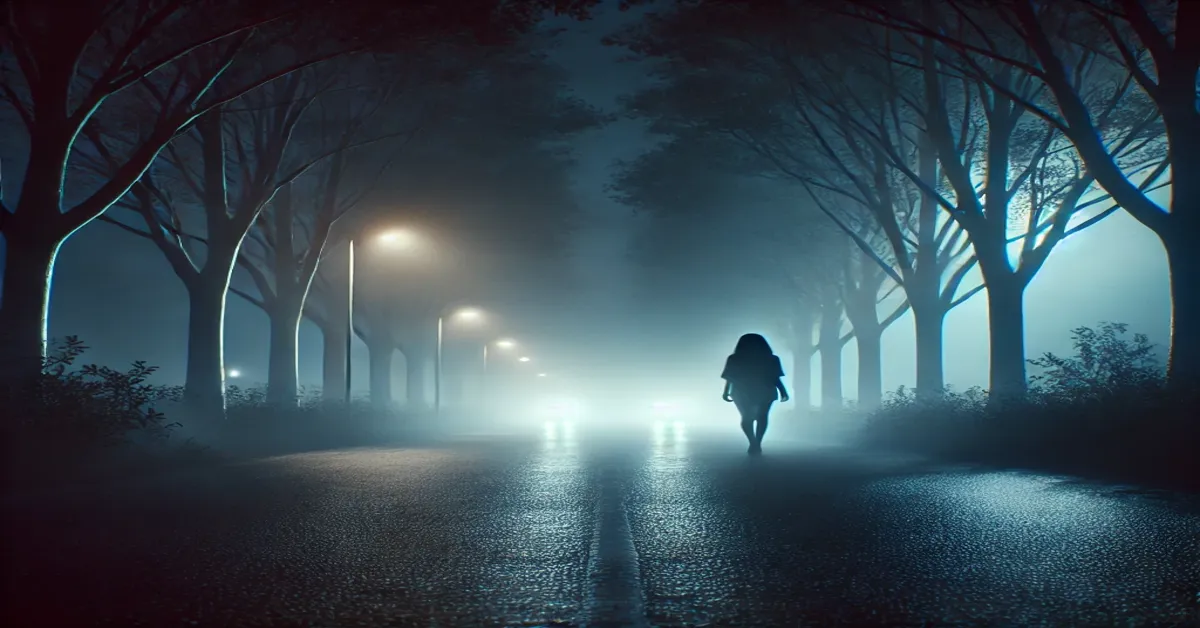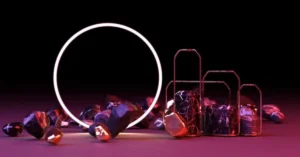In the world of digital folklore, few names resonate as strongly as Teresa Fidalgo. Her story has captivated, intrigued, and frightened millions across the globe, becoming one of the most iconic modern urban legends. From its origins in a short film to its viral spread through social media, the tale of him serves as a fascinating case study of how stories evolve and gain traction in the digital age. This article delves into the history, impact, and psychology behind the Teresa Fidalgo phenomenon, providing a comprehensive exploration of this chilling narrative.
The Origins of Teresa Fidalgo
The legend of Teresa Fidalgo began with the Portuguese short film A Curva (“The Curve”), directed by David Rebordão in 2003. The film’s storyline is simple yet eerie: a group of friends is driving along a desolate road when they encounter a hitchhiker, a young woman who identifies herself as Teresa. During the journey, she reveals that she died in a car accident at a specific location. Moments later, a horrific crash occurs, and Teresa’s ghostly visage fills the screen before the film cuts to black.
Although A Curva was a work of fiction, its realistic found-footage style led many viewers to believe the events depicted were real. The film’s authenticity, combined with its unsettling narrative, laid the groundwork for Teresa Fidalgo’s transformation from a fictional character into a viral urban legend.
The Viral Spread of Teresa Fidalgo
The story gained significant traction in the mid-2010s, propelled by social media platforms and messaging apps. Chain messages began circulating, often featuring variations of the following text:
“I am Teresa Fidalgo. If you don’t share this message, I will haunt you forever.”
These messages were frequently accompanied by screenshots or clips from A Curva, adding an air of legitimacy to the warnings. The combination of fear, curiosity, and social pressure drove countless individuals to share the message, perpetuating the legend and solidifying Teresa Fidalgo’s place in internet folklore.
The Psychological Appeal of Teresa Fidalgo
The widespread appeal of the Teresa Fidalgo story can be attributed to several psychological factors:
- Fear and Superstition: The threat of bad luck or harm compels people to share the message, even if they don’t believe in its authenticity.
- Curiosity: The mysterious and unsettling nature of the story piques interest, encouraging further investigation and sharing.
- Social Influence: Chain messages often imply that sharing the story demonstrates care for others, leveraging guilt and social responsibility.
Debunking the Teresa Fidalgo Legend
Despite its widespread belief, the story of Fidalgo is entirely fictional. David Rebordão, the filmmaker behind A Curva, has publicly confirmed that the character and narrative were created for the film. Teresa’s story aligns with a long tradition of “White Lady” legends found in various cultures, where female ghosts are associated with tragic deaths and specific locations.
However, the internet’s tendency to blur the lines between fact and fiction has allowed the Teresa Fidalgo legend to thrive. Even after the myth was debunked, it continued to circulate, driven by its emotional and psychological impact.
The Role of Social Media in Modern Folklore
Social media has revolutionized the way stories are shared and consumed, transforming traditional folklore into viral phenomena. Platforms like WhatsApp, Facebook, and TikTok have amplified the reach and speed of dissemination, enabling legends like him to transcend geographical and cultural boundaries.
The Teresa Fidalgo story exemplifies how digital platforms shape modern folklore:
- Accessibility: Anyone with an internet connection can access and share the story.
- Customization: Users often adapt and personalize the narrative, adding local elements or tailoring the message to their audience.
- Engagement: The interactive nature of social media fosters discussions, debates, and creative reinterpretations of the story.
The Cultural Significance of Teresa Fidalgo
The Teresa Fidalgo legend reflects broader themes and anxieties in contemporary society:
- Fear of the Unknown: The story taps into universal fears of death, the supernatural, and the consequences of inaction.
- The Power of Storytelling: Teresa’s tale demonstrates the enduring appeal of storytelling as a means of connection and communication.
- Critical Thinking: The spread of such legends highlights the importance of media literacy and skepticism in the digital age.
Lessons from the Teresa Fidalgo Phenomenon
The enduring popularity of him offers valuable insights into the nature of internet culture and human psychology:
- The Influence of Emotion: Stories that evoke strong emotions are more likely to be shared and remembered.
- The Role of Technology: Digital platforms amplify the reach and impact of narratives, transforming local myths into global phenomena.
- The Need for Skepticism: The legend underscores the importance of verifying information before accepting or sharing it.
Conclusion
The tale of Teresa Fidalgo is a testament to the power of storytelling in the digital age. While the story is fictional, its impact on internet culture is undeniable, serving as both a cautionary tale and a fascinating example of modern folklore. By understanding the origins and dynamics of the legendary phenomenon, we can better appreciate the intersection of tradition, technology, and human imagination.
FAQs
- Who is Teresa Fidalgo? Teresa Fidalgo is a fictional character from the 2003 Portuguese short film A Curva by David Rebordão.
- Is the Teresa Fidalgo story real? No, the story is entirely fictional and was created for a short film. The legend’s viral spread is due to internet folklore.
- Why did the Teresa Fidalgo story go viral? The combination of a haunting narrative, fear-inducing chain messages, and the power of social media contributed to its popularity.
- What should I do if I receive a Teresa Fidalgo chain message? Ignore and delete the message, as it is based on a fictional story and perpetuates a harmless hoax.
- Are there similar legends to Teresa Fidalgo? Yes, many cultures have “White Lady” legends involving female ghosts tied to tragic events or specific locations.
- What is the significance of A Curva? A Curva is the short film that introduced Teresa Fidalgo, blending found-footage style with a ghostly narrative to create a compelling and memorable story.









